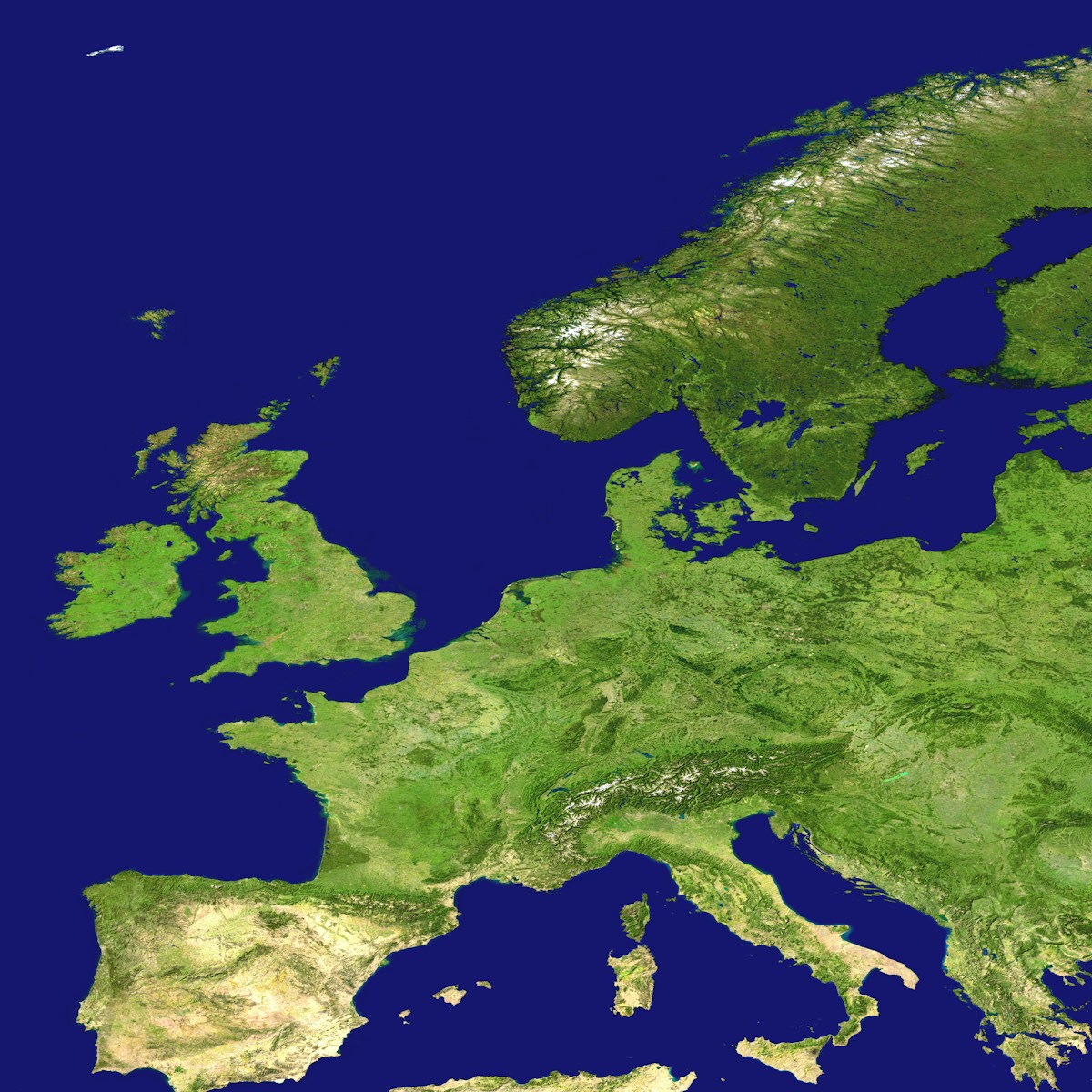
Keywords: quantum investment, Europe, US, report, VC investment, government funding, national quantum strategies
Introduction
Quantum computing, a cutting-edge technology with immense potential, has been a topic of great interest and investment in recent years. While the United States has traditionally been at the forefront of technological advancements, a recent report suggests that Europe is now outpacing the US in quantum investment. This analysis will delve into the findings of the report, exploring the reasons behind Europe’s success and the implications for the global quantum ecosystem.
A Decline in US Quantum Investment
US-based venture capitalists (VCs) find themselves in a challenging startup environment, leading to a cautious approach to investments. While quantum computing is recognized as an important technology, it has not been perceived as a safe bet for VCs in terms of return on investment. Consequently, quantum startups in the US have experienced a drop in funding activity, resulting in a significant decline in investment. In fact, global investment in quantum startups decreased from $2.2 billion in 2022 to $1.2 billion in 2023, representing an alarming 80% drop in the US alone.
The European Quantum Ecosystem Thrives
In stark contrast, Europe has emerged as a thriving hub for quantum investment. A report released by Finnish quantum hardware company IQM, in collaboration with VCs OpenOcean and Lakestar, reveals that while the US witnessed a decline in quantum investment, the EMEA (Europe, Middle East, and Africa) region experienced a 3% growth in this sector. The report analyzed various factors, including VC investment, government funding, and national quantum strategies, to provide a comprehensive overview of the European quantum ecosystem.
European National Quantum Strategies
To understand Europe’s success in quantum investment, it is crucial to examine the national quantum strategies implemented by various European countries. Most European nations, including the Netherlands, Switzerland, Finland, and Poland, have developed comprehensive strategies to support and foster the growth of quantum technologies. Additionally, the European Union (EU) has set its sights on becoming the “Quantum Valley” of the world, further emphasizing the importance of quantum technology in the region.
Quantum Computing Centers in Europe
Europe’s commitment to quantum investment is apparent through the establishment of numerous quantum computing centers across the continent. These centers serve as hubs for research, collaboration, and innovation in the field of quantum computing. Notable examples include the House of Quantum in Delft, The Netherlands; Quantum Basel in Switzerland; VTT’s technical research center in Finland; and the Polish Poznań Supercomputing and Networking Center (PSNC). Furthermore, the UK’s National Quantum Computing Center (NQCC) is set to open later this year in Oxford, further solidifying Europe’s position in the quantum race.
Correlation between Startups and National Labs
According to Ekaterina Almasque, General Partner at OpenOcean, there is a strong correlation between the number of startups in specific regions and the presence of national labs. Europe’s strategic approach to quantum investment, coupled with the support provided by national labs, has resulted in a steadily growing number of startups in the region. In contrast, the US experienced a sharp decline in VC funding, leading to a decrease in the number of quantum startups.
The Future of Quantum Investment
Investing in quantum computing requires a patient approach, as returns may not be immediate. While some quantum computer companies have found success in the Noisy Intermediate-Scale Quantum (NISQ) era, early-stage investors must adjust their expectations regarding return timelines. To fully realize the potential of quantum computing, investors have a unique opportunity to guide quantum startups strategically and contribute to the global growth of the quantum ecosystem. This approach has proven successful for investors in companies like Intel, Arm, and Nvidia.
Quantum Investment Outlook for 2024
The report provides insights into the key areas for quantum investment in 2024. It predicts a shift towards more on-premise quantum computing solutions due to security concerns and the high short-term costs associated with quantum computers. Additionally, the readiness of teams within organizations to adopt quantum technologies, strategic communication to sustain interest, and the development of hybrid solutions integrating conventional and quantum computing systems are identified as crucial factors in the next phase of quantum investment.
The Impact of AI on Quantum Computing
While quantum computing holds immense potential, the report highlights the growing influence of artificial intelligence (AI) in the technology landscape. Interviewees expressed concerns that AI is “cannibalizing” attention, investment, and interest away from quantum computing. Despite this, quantum technologies remain a niche sector, attracting only 1% of total VC funding. However, early movers in the quantum space stand to gain significant returns, as the global quantum computing market is projected to grow from $9.3 billion in 2022 to $203.1 billion by 2032.
The Next Web Conference: Exploring Quantum and Startups
The annual TNW Conference, a leading tech event, recognizes the significance of quantum computing and startups. This year’s theme, TNT – The Next in Tech: Igniting Tomorrow’s Techscape, aims to delve deeper into all things quantum and startups. Attendees can expect inspiring talks, networking opportunities, and insights from industry experts. To experience the event and avail a special discount, loyal readers can use the code TNWXMEDIA at checkout for 30% off business passes, investor passes, or startup packages.
